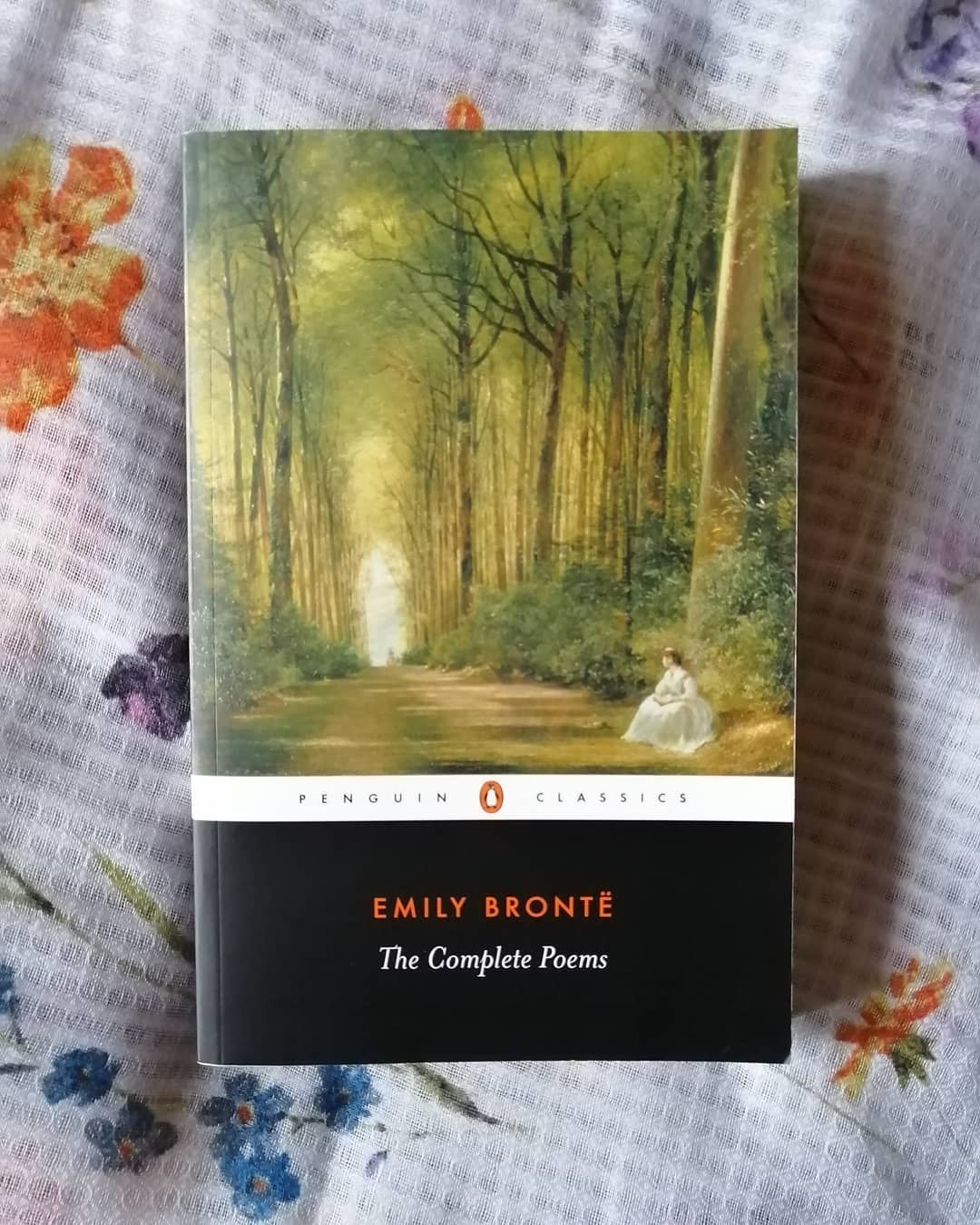Mini-Lesson Monday: (Part 1)
🍁Welcome November!🍂
As I sit at my desk, gazing out of the window at the wind and rain (yes, it is stormy here in Ireland as I write), I appreciate the warmth and cosiness indoors.
Often, during weather like this, the adjective ‘wuthering’ comes to mind – the same adjective that Emily Bronte employed (used) in the title of her famous novel, Wuthering Heights (more on that another time). 🌾
Emily Bronte, one of the Bronte writer sisters, had a deep affection for the Yorkshire countryside in Northern England and its wild, blustery weather. During my visit to the museum in her former home just last year, I was shown a small footstool she used to carry with her on long walks across the hills. She would sit on it to compose poems or record any musings inspired by nature that crossed her mind.
Many of these thoughts found their way into her poems, which, in my view, constitute her finest work. In fact, she is one of my favourite female poets – a poet often likened to William Shakespeare for her capacity to articulate profound ideas in straightforward yet powerful language.
📙 It is said that Emily Bronte’s poems were published only because her sister Charlotte accidentally discovered them one day (Emily was quite private with her writing). Initially, Emily was very upset, but when she witnessed how her work inspired both her sisters, Charlotte and Anne, to write their own poems, she agreed with them to publish their respective poems in a collective volume. This was the first time they used the pseudonyms for which they are famous: Currer, Acton and Ellis Bell.
One of the very first poems in Ellis Bell’s collection is one called ‘Faith and Despondency’. (If you are interested, you can find it in full here). It is perfect for today, as it describes weather just like I am facing. We can imagine a mother assuring her child that they will be safe through the storm:
The winter wind is loud and wild,
Come close to me, my darling child;
Forsake thy books, and mateless play;
And, while the night is gathering grey,
We’ll talk its pensive hours away; –
– Emily Bronte, ‘Faith and Despondency’
🖋️ She wrote this poem in the ballad style, a technique she employed in many of her other poems. Even if you were to read it aloud as normal prose, the inherent (natural; part of the essence of; inborn; intrinsic) rhythm of her words would be well-suited for a ballad’s cadence. Emily Bronte was indeed a highly talented poet!
👉 Can you identify the imperatives she uses in this first stanza of the poem? In the next post, we will explore how she utilised them and contemplate the various tones that imperatives can convey.




